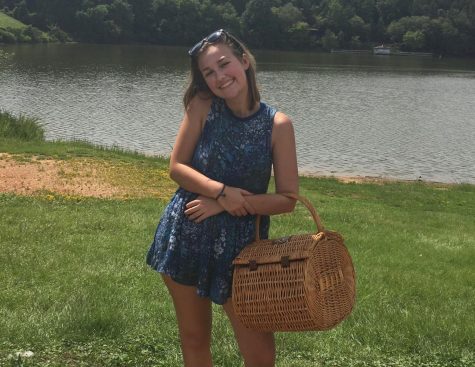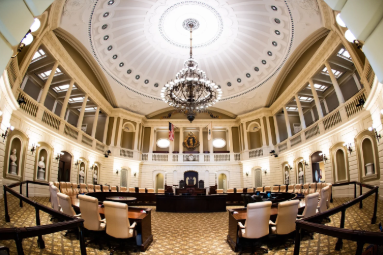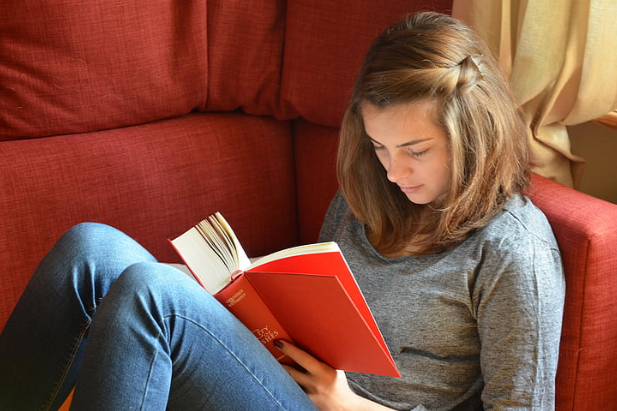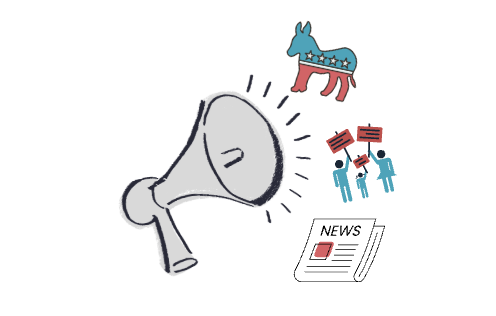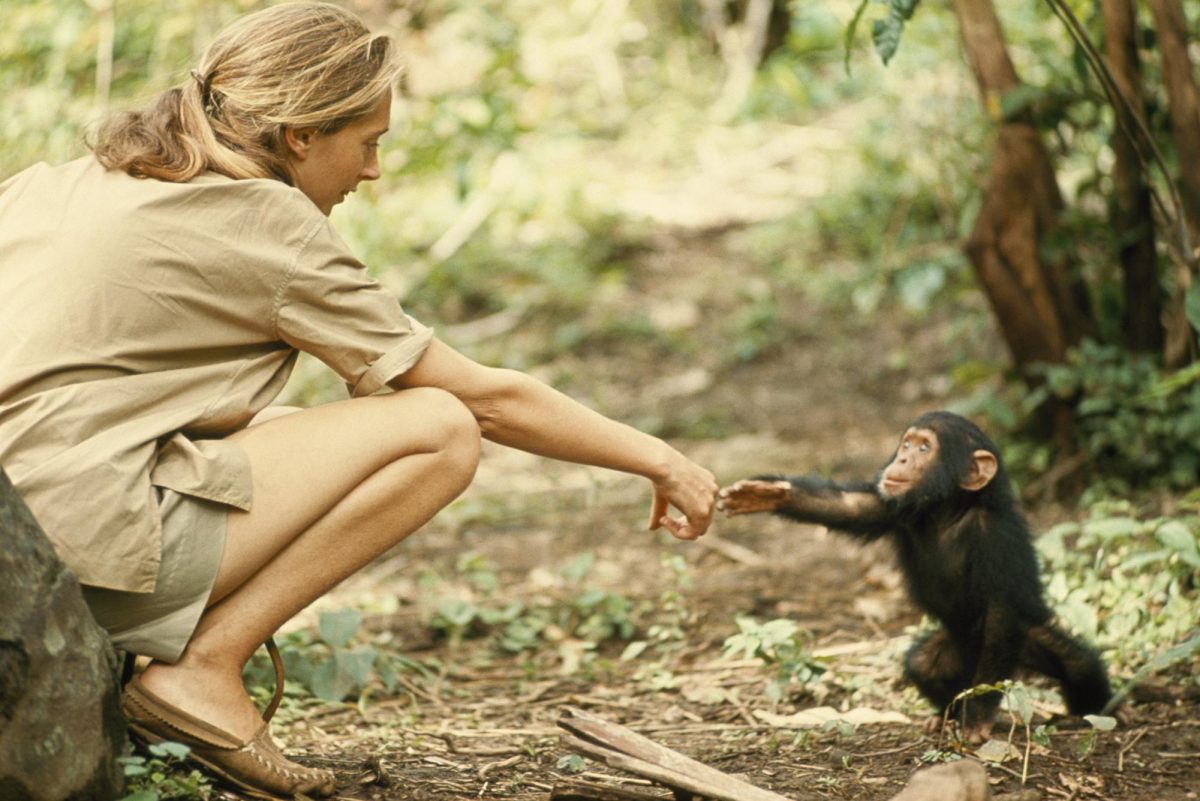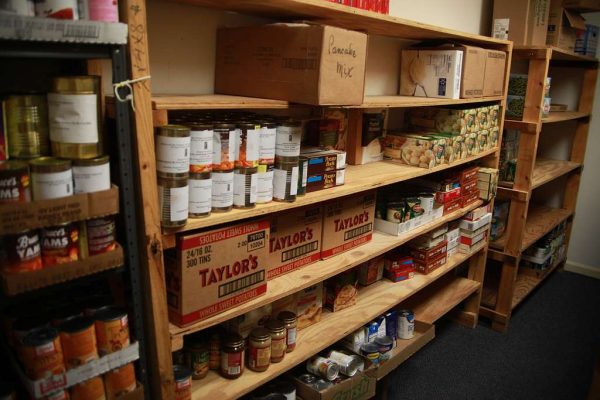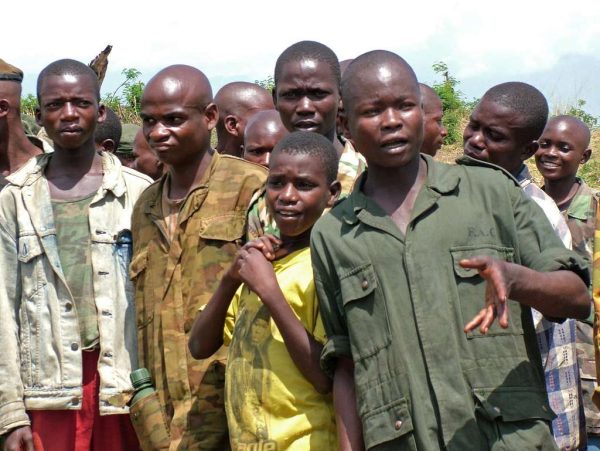Save the children from the books?
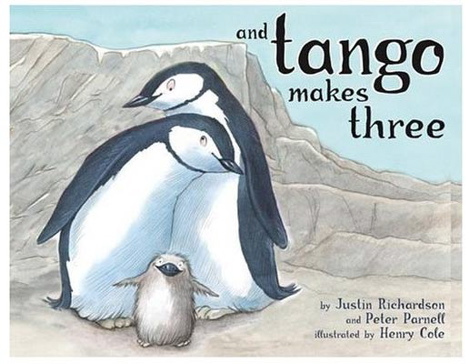
Re-sparking book banning controversy, And Tango Makes Three about two male penguins raising a baby penguin named Tango was commonly challenged by parents. The banning and challenging of books in schools is a common occurrence that is not entirely necessary.
February 2, 2017
The question that has faced US schools for decades has revolved around the delicate balance of protection and freedom… and pleasing the parents. The first amendment has lead to countless court cases about the banning of books in schools, everyone with the common goal of doing what is best for the children. The practice of banning books goes as far back as 1848, with the banning of the Communist Manifesto in Turkey. Today book challenges are common. Books such as Adventures of Huckleberry Finn, Animal Farm, and Harry Potter are frequently banned and challenged. Some of the most common reasons for challenges are offensive language, sexually explicit material, and promoting the occult or Satanism.
Banning books came into the limelight in 2005 with the publication of children’s book And Tango Makes Three about a pair of male penguins from the Central Park Zoo who raise a baby penguin together named Tango. The book topped the American Library Association’s top 10 most banned books list from 2006 to 2010 for homosexual material and the question of age appropriateness. Yet, many parents see the book as a safe and age appropriate way to explore what it means to be a family and expose them to other ways of life they may not be used to.
What the debate really boils down to is how much knowledge kids should have access to at school, the only problem being that the question itself is an oxymoron. The purpose of school is to gain knowledge. In fact it is to gain as much knowledge as possible in an ultimately short span of time. Junior Katie Krull said, “I think we should not ban books in high schools because high school subjects us to a lot, and we are about to go out into the real world. Also, there is no point in censoring because we have access to that same information through the internet.” Books can provide children with a safe, contained, way to learn about the world around them. The fact is the world can be, and has been, ugly at times. So, you can choose to provide children a safe, euphoric bubble where those complex issues do not exist and let them see it for themselves all at once, when they would not necessarily have their parents or trusted adults there for guidance. The other option is to give them access to a portal to the big bad world bit by bit, while gaining necessary vocabulary, grammatical, and analytical skills and knowledge they need to survive in that same big, bad world.


